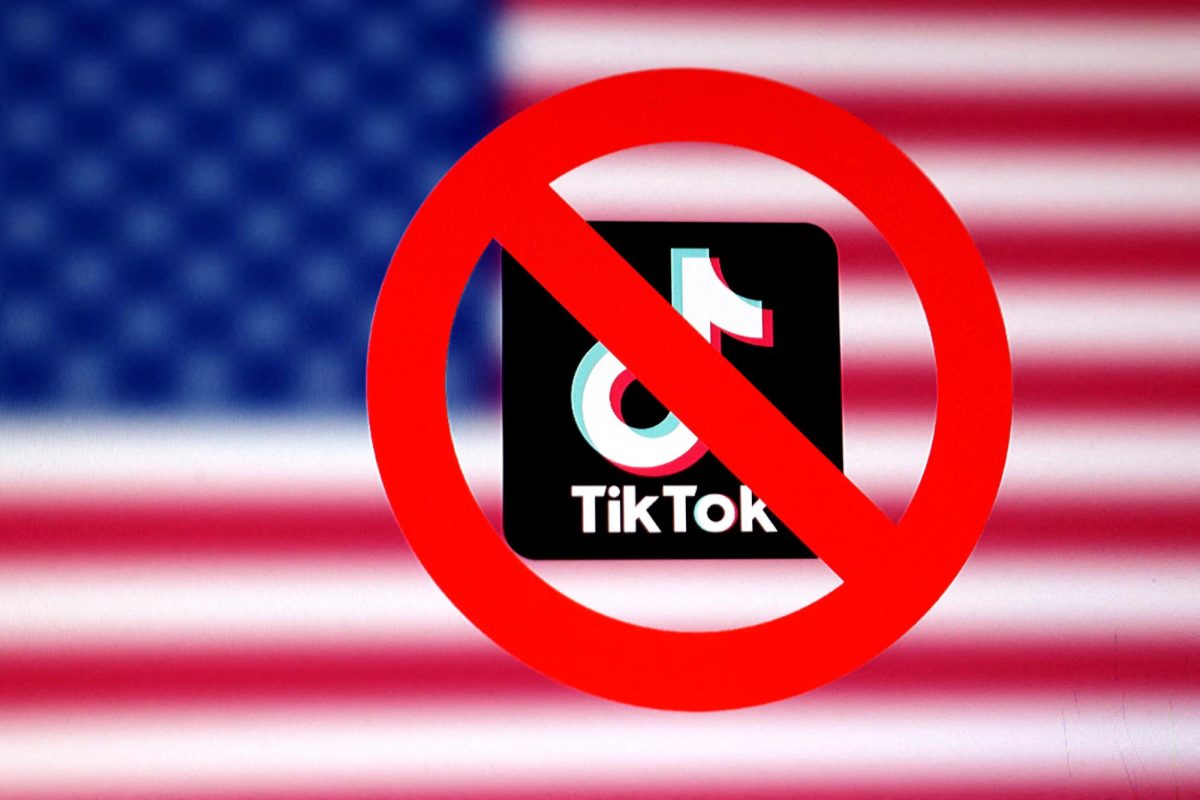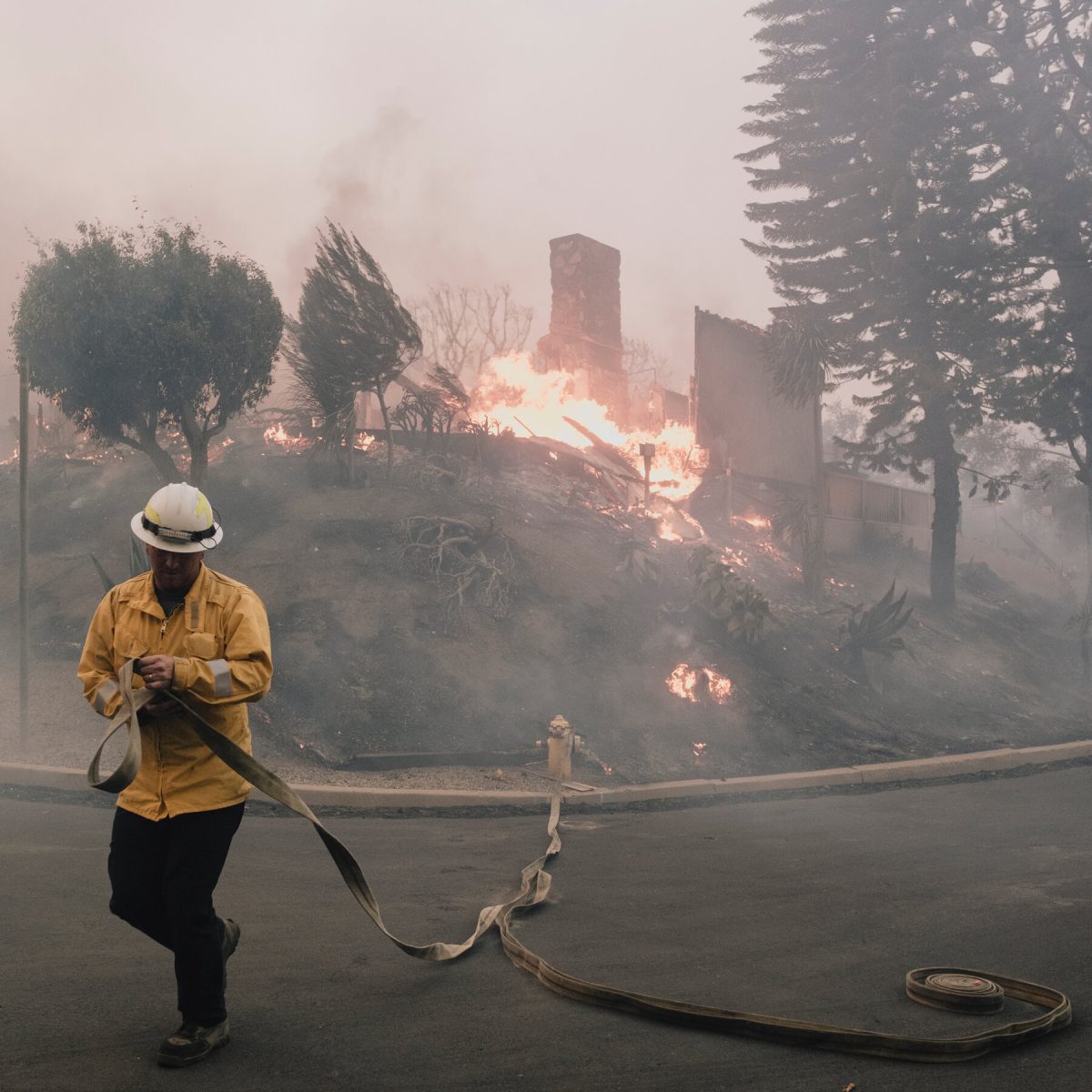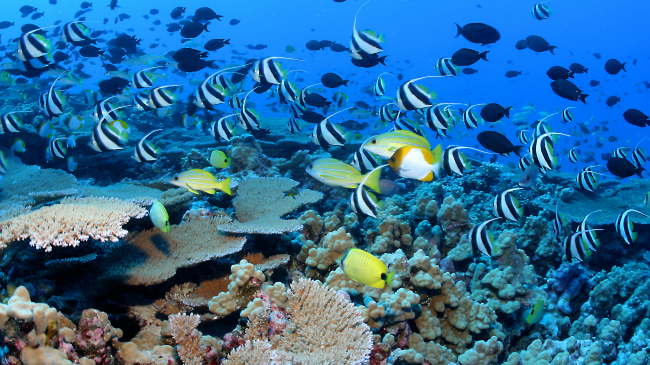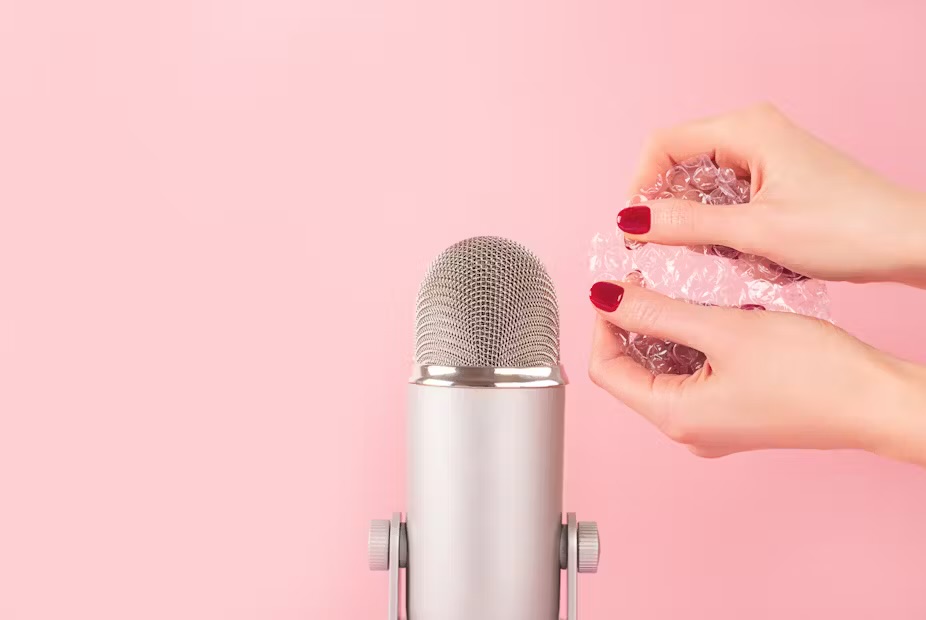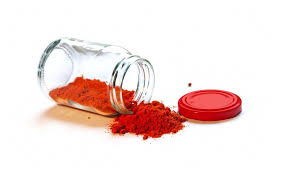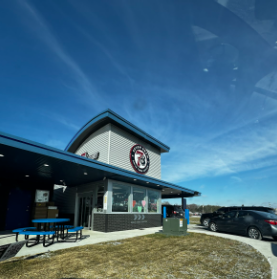The phrase ‘That’s going to kill you’ has become a familiar warning for teenagers reaching for energy drinks. While the colorful cans and catchy brand names may attract them, the seemingly harmless beverages can come with serious health risks. According to The Mayo Clinic, 83% of teenagers drink caffeine regularly. These are record breaking numbers, with a direct correlation to the popularity of energy drinks.
“We always choose energy drinks because we don’t like the taste of coffee,” Ella Aller ‘28 and Julia McClure ‘28 said.
Teenagers and staff at GHS are constantly seen holding their energy source of choice. From Alanis to espressos, jitter-causing drinks are essential to early mornings. It is safe to say a large percentage of Americans consume caffeine in some form to begin their day. Recently, there seems to be a divide between classic coffee drinkers and those who prefer sugary energy drinks. Still, questions remain regarding which option poses more significant health risks, especially for teens.
Caffeine is a stimulating drug that increases the speed at which your body processes information. An energy drink consumer will experience a rapid heartbeat, restlessness, and often anxiety. The intensity of side effects changes on a person-to-person basis, meaning everyone will experience them differently.
Addiction to caffeine occurs when one cannot function properly without their daily caffeine. Language Arts Department Chair Mr. Cory Potter, a self-proclaimed coffee addict, recently tried to wean himself off his coffee habit but struggled after a single workday.
“My body went into shock, I was pale, I was sweating, I had a massive headache.” Potter said.
Caffeine is quick acting and will cause a burst of energy from five to thirty minutes after consumption that can last for up to twelve hours. The only thing that changes responses is the individual and the caffeine consumed.
When it comes to the ingredients, there is a stark contrast between fresh coffee and energy drinks. Coffee is natural, while energy drink ingredient labels are filled with words a mile long that sound like they could create an explosion in a lab. All of the ingredients are FDA approved, and, although not recommended, deemed safe for an adult to have up to five cups of coffee daily. Most energy drinks contain the same ingredients. But as coffee gains creamer and cold foam, the calorie and sugar counts balance out. The Centers for Disease Control (CDC) urges adults to educate young people about the potential risks of consuming too much caffeine, risks such as anxiety, insomnia, dehydration and heart complications. Still, despite the risks, many teens report relying on caffeine to function daily.
“I have at least two alani or Celsius a day, and if I don’t have one, then I’m either really tired or in a bad mood. Molly Hall ‘26 said. “I also love Starbucks chai, and some days I’ll have a venti iced chai and an Alani.”
While there may not be a significant difference between coffee and carbonated energy drinks, teens should consider the potential risks and side effects of developing a caffeine habit.
¨How does caffeine affect your life?¨ Molly Hall class of 2026 “Ok so my caffeine addiction is really bad. I have at least 2 alani or Celsius a day and if I don’t have one then I’m either really tired or in a really bad mood. I also love Starbucks chai and some days I’ll have a venti iced chai and an alani.”
Facts for something good
Alani energy drinks have 200 mg caff, 15 cal, 0 sugar
instant coffee: 80–120mg per 250ml 0 sugar
black tea: 65–105mg per 250ml 0 sugar
cola drinks: 40–49mg per 375ml 44g sugar
Red Bull energy drink: 80mg per 250 ml 37g sugar
energy drink: 160mg per 250ml 29g sugar
dark chocolate bar: 40-50mg per 55g serve 7g sugar
Sources:
https://www.betterhealth.vic.gov.au/health/healthyliving/caffeine
https://www.cspinet.org/caffeine-chart
https://www.ncbi.nlm.nih.gov/pmc/articles/PMC10535526/



